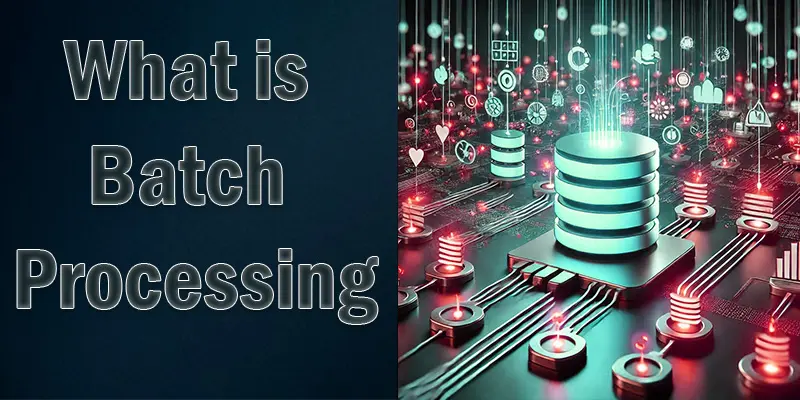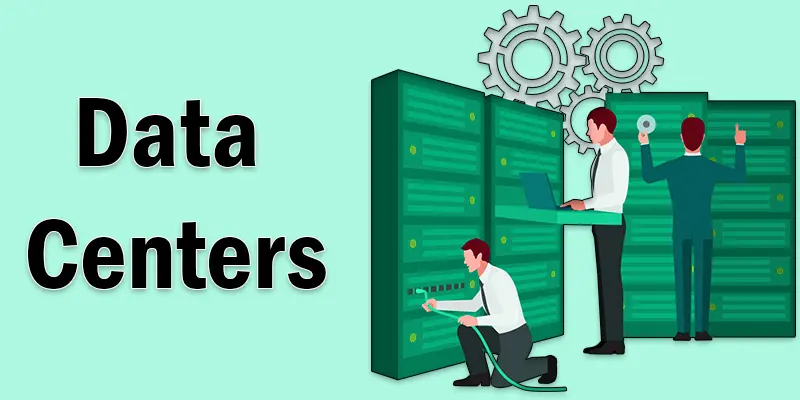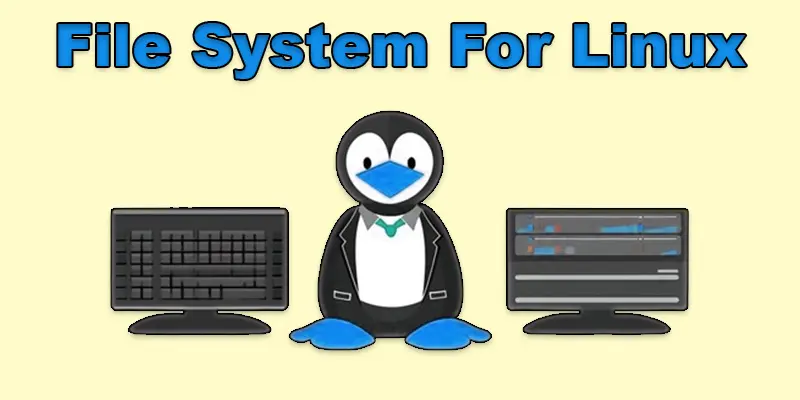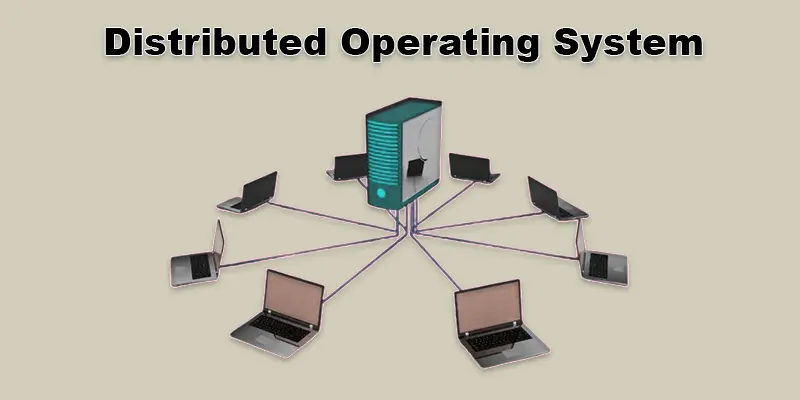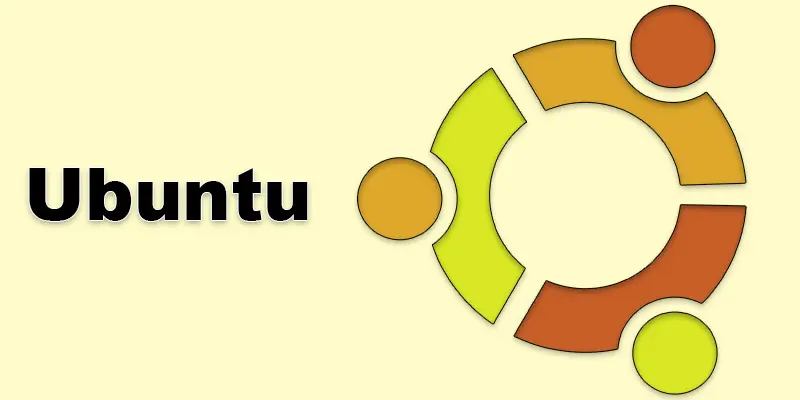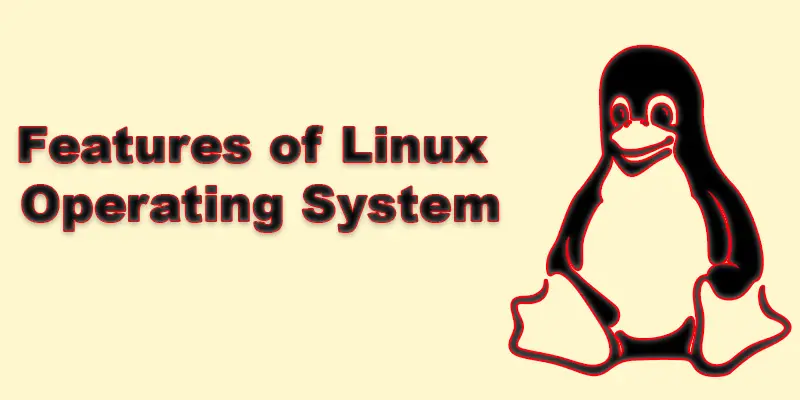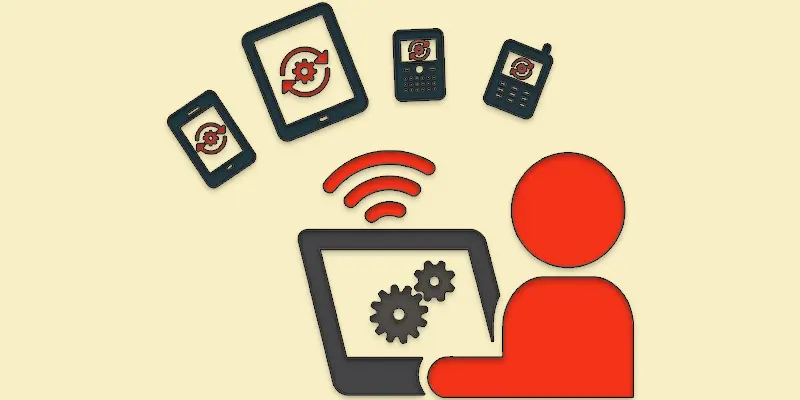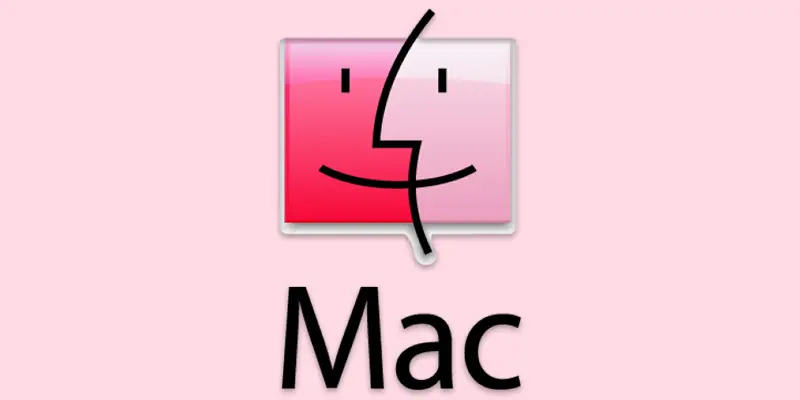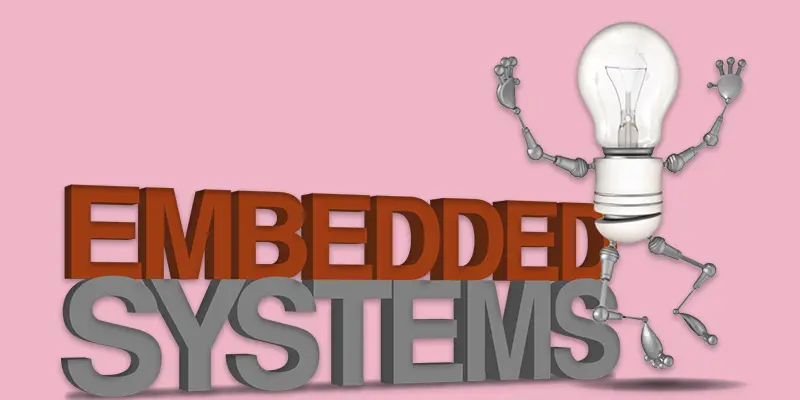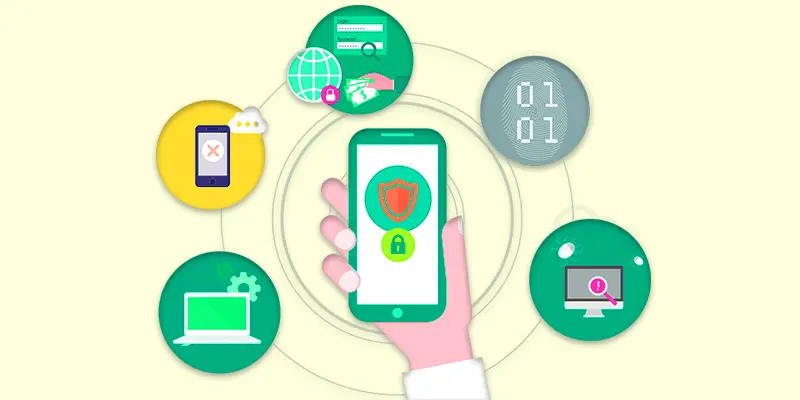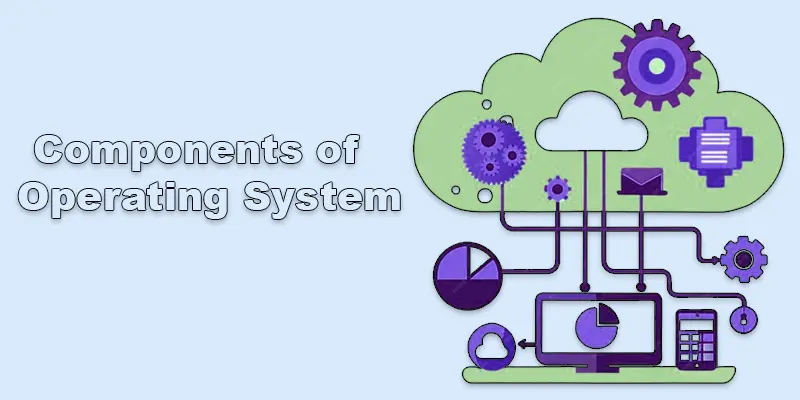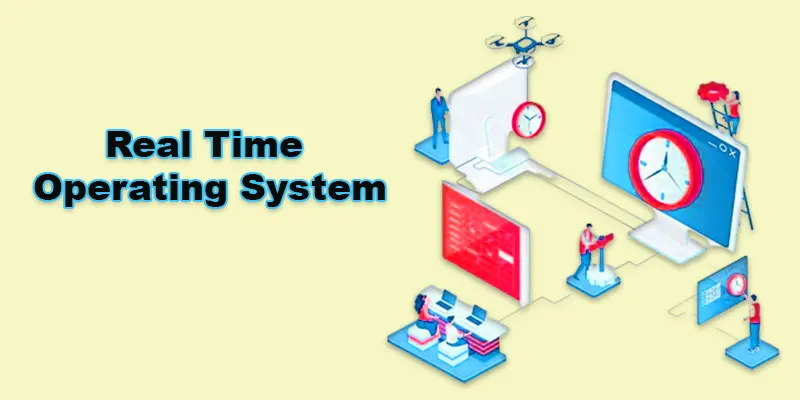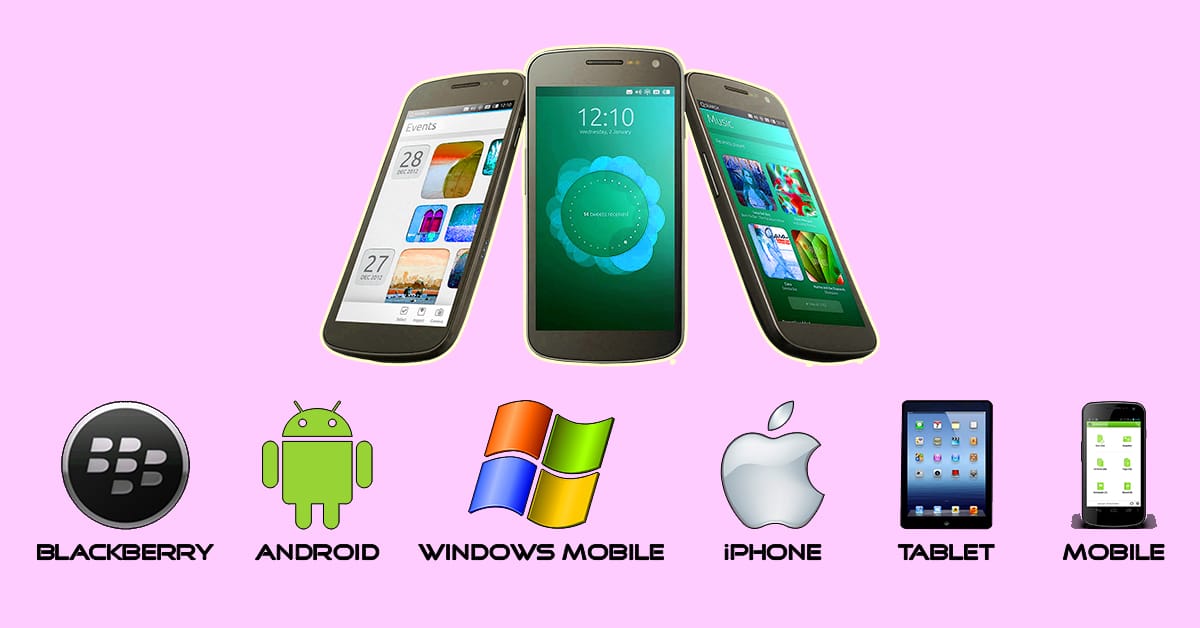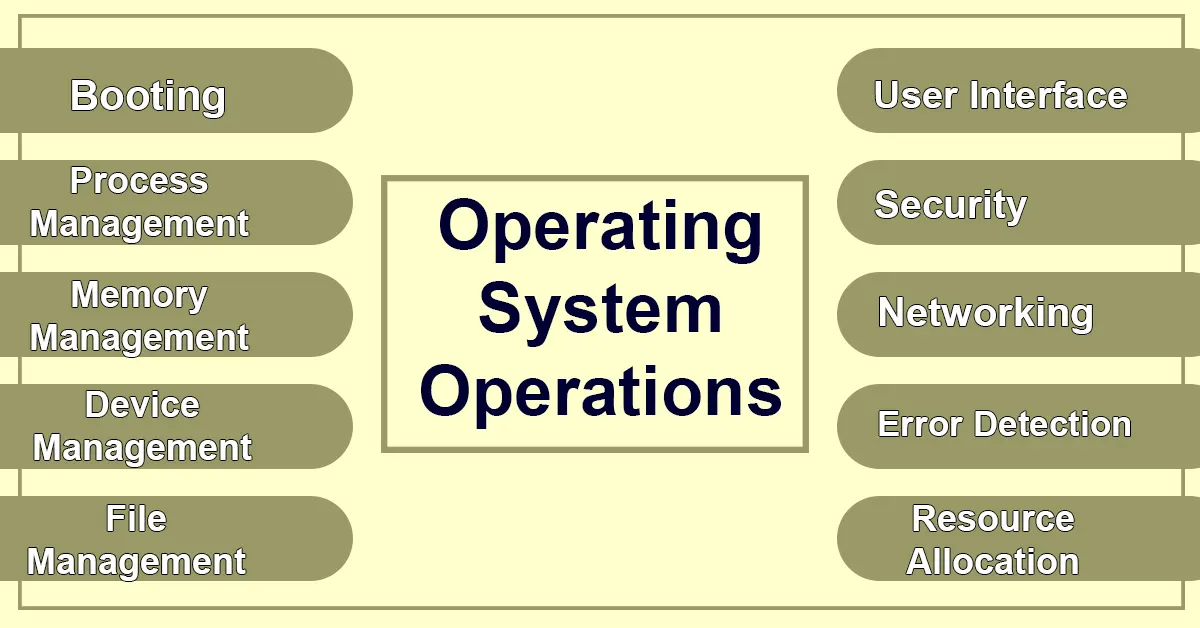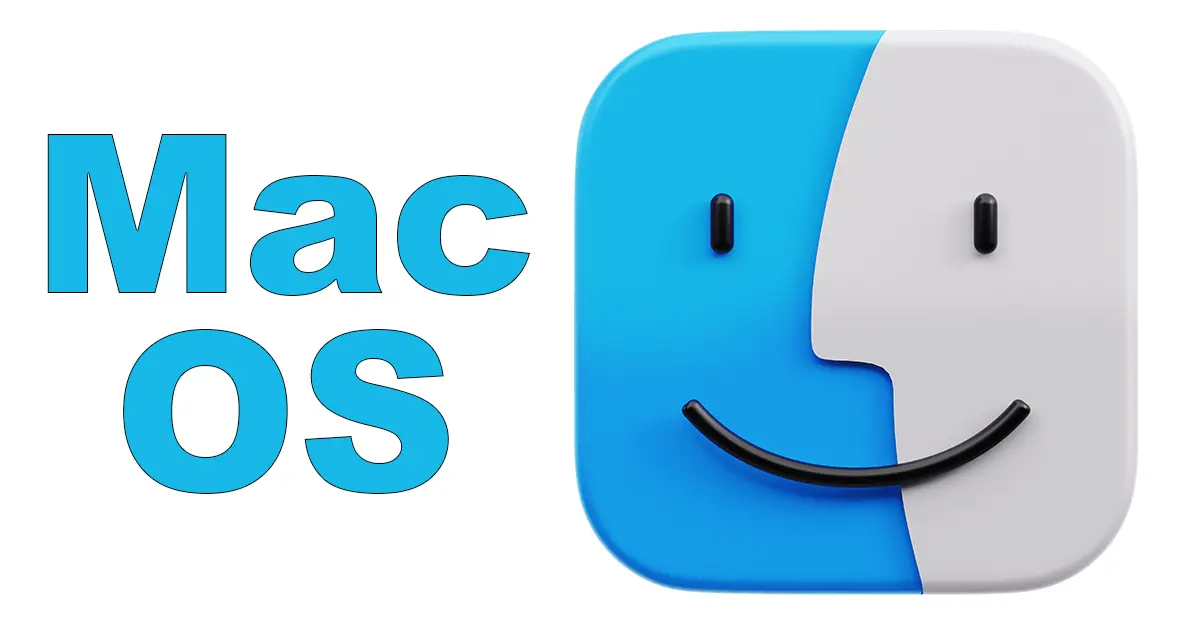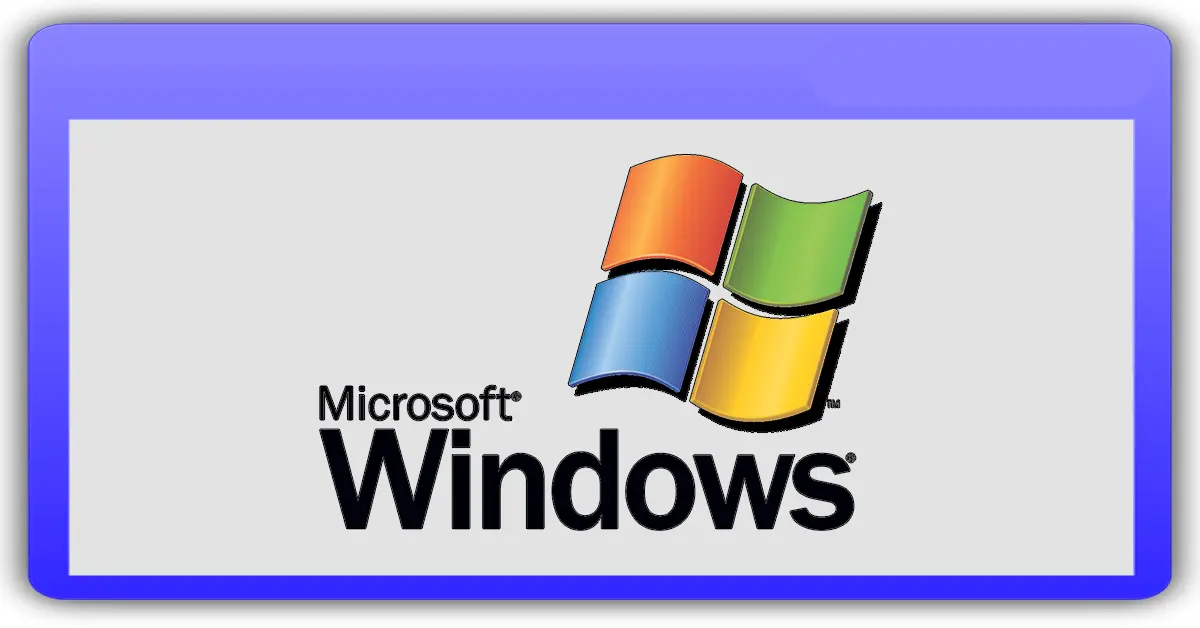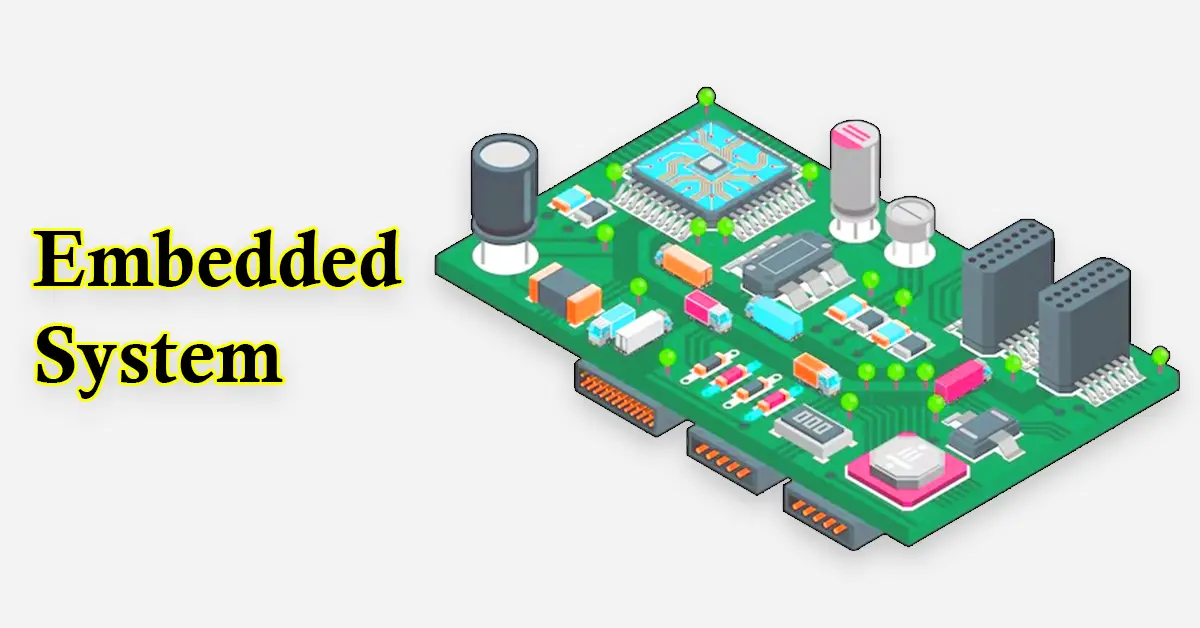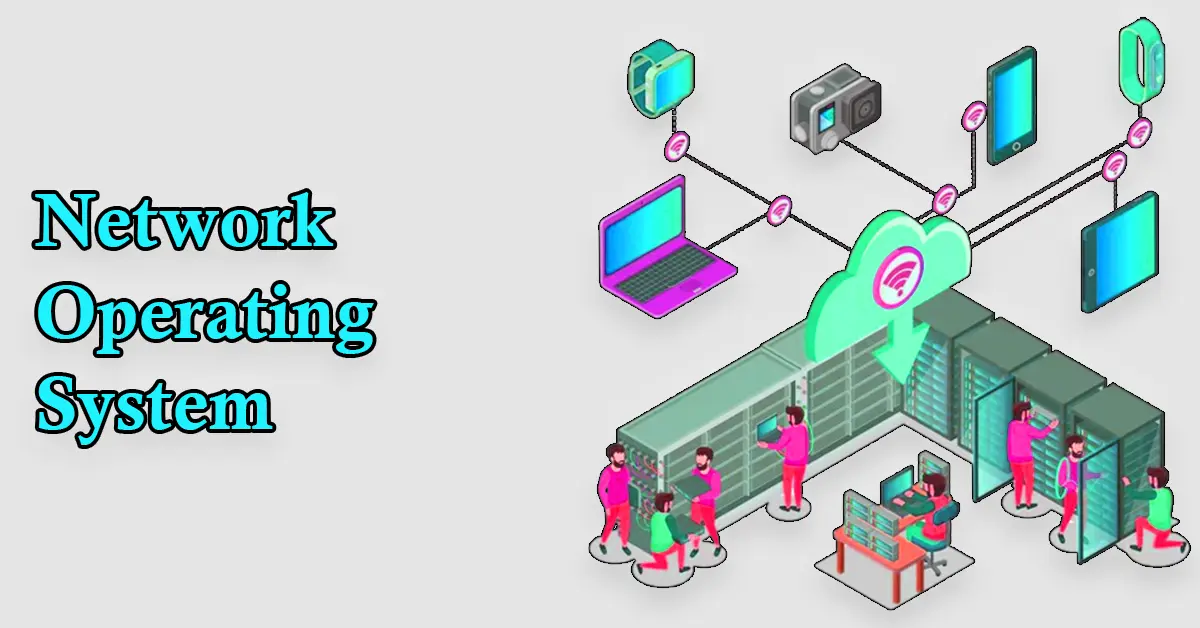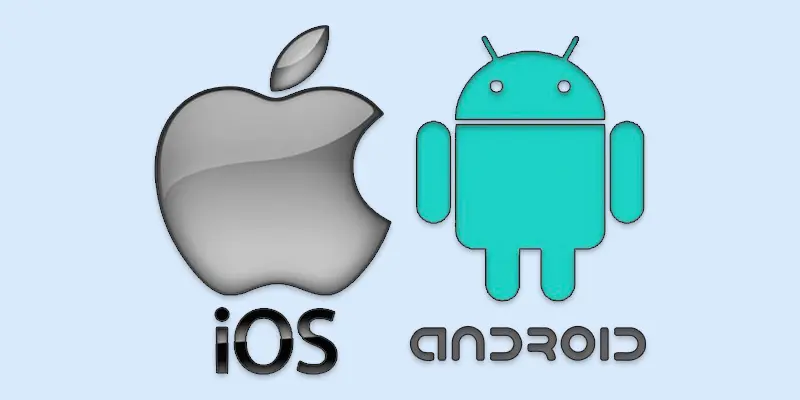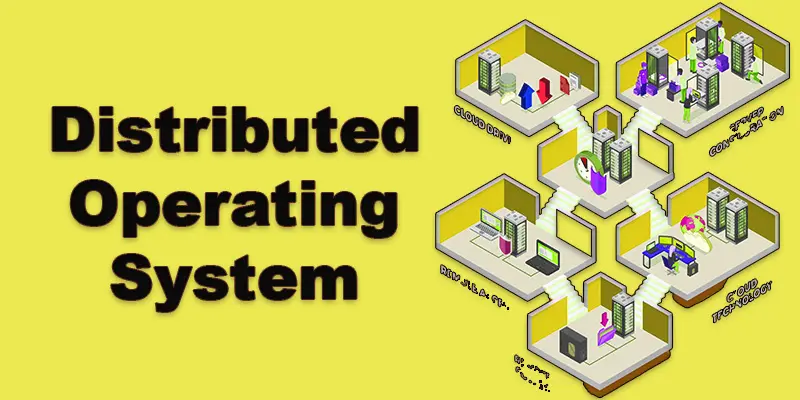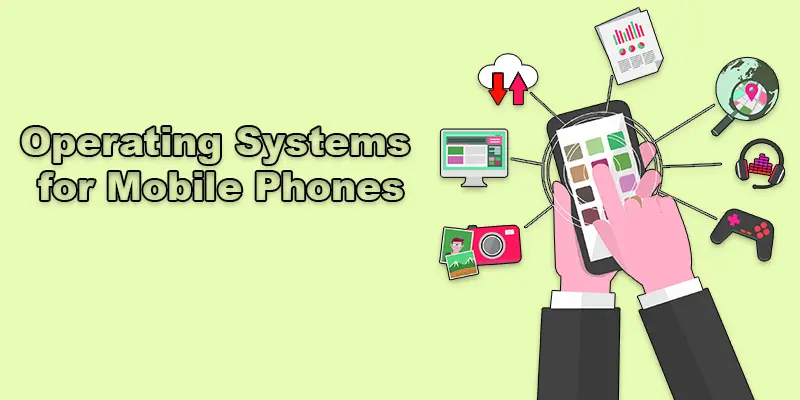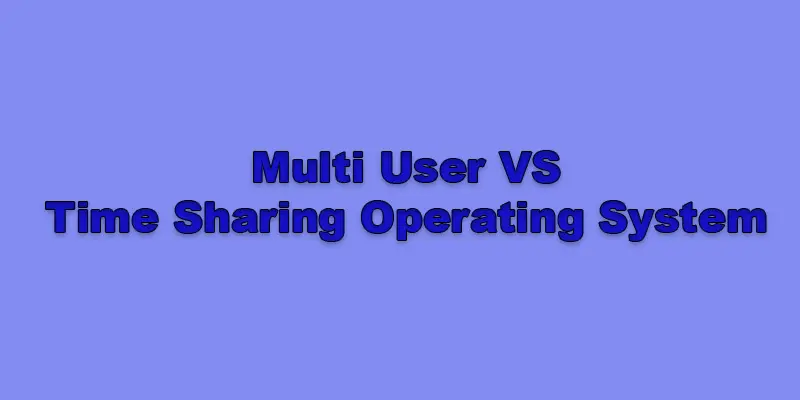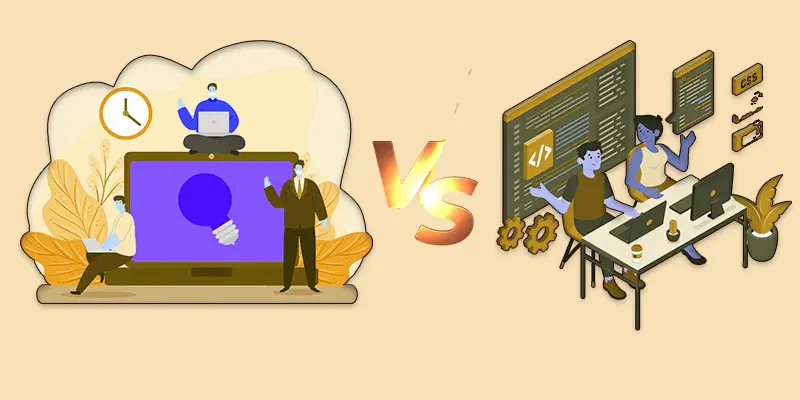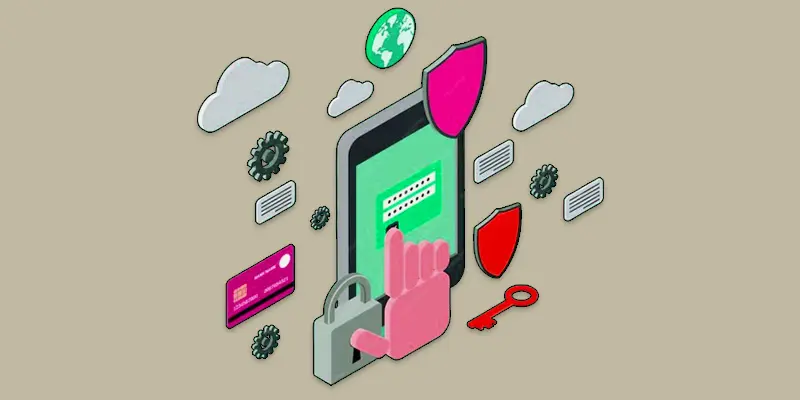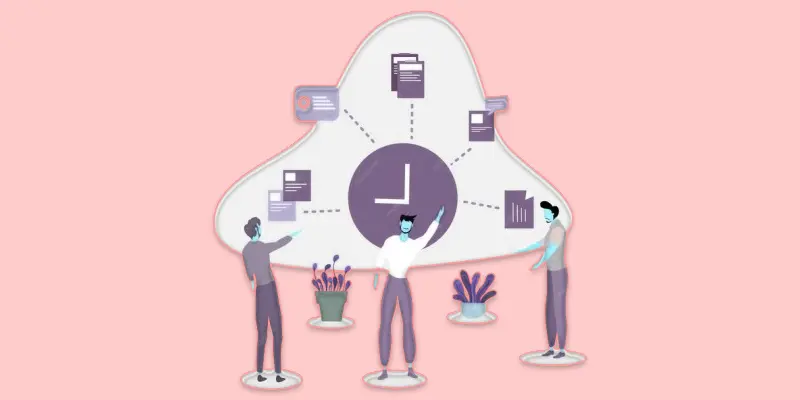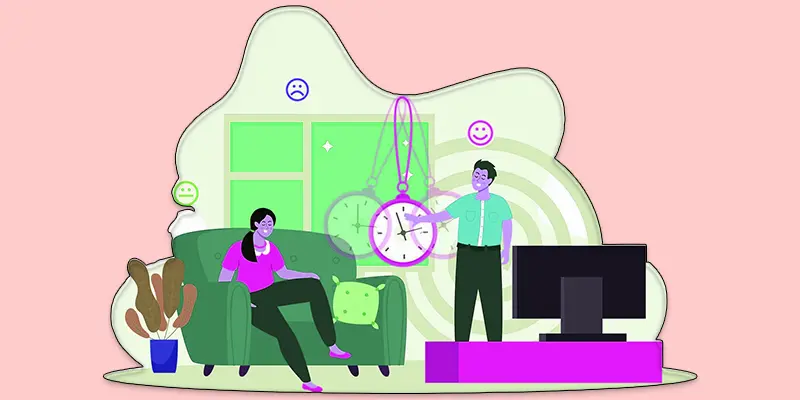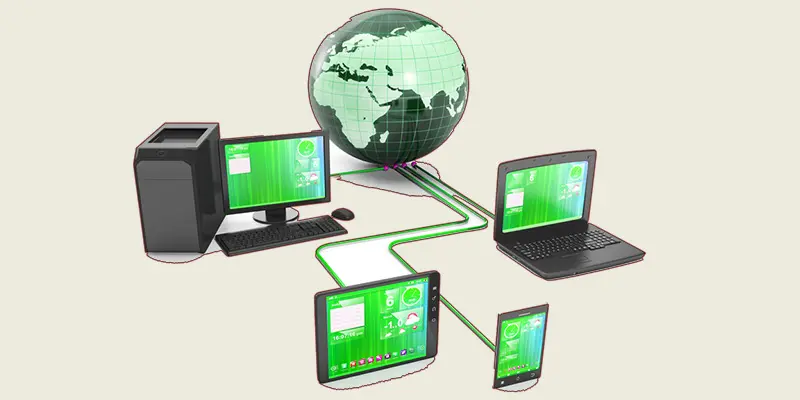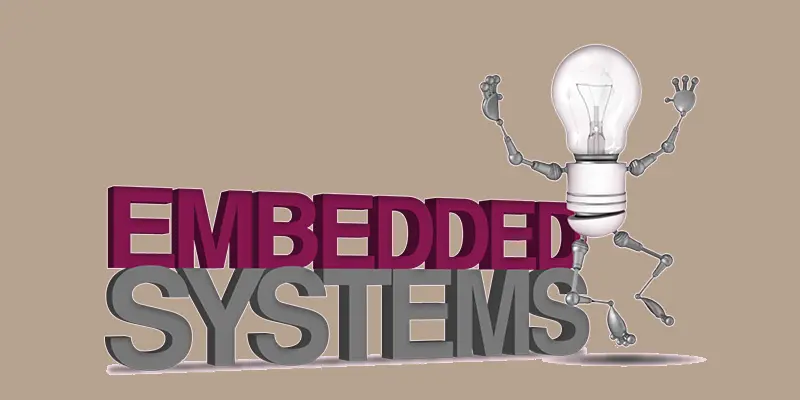Operating System of Linux
An operating system called Linux makes your computer function more efficiently. It controls the hardware, manages files, and lets you use applications. Unlike other systems, Linux is open-source, meaning anyone can view and modify its code. It's known for being fast, secure, and customizable. Many people use Linux for tasks like programming, browsing, or running servers because it’s reliable and free to use.
When comparing Linux to other popular operating systems like Windows or macOS, one key difference stands out—Linux is open-source. Unlike Windows, which is owned by Microsoft, and macOS, which is exclusive to Apple devices, Linux allows anyone to view, modify, and share its code. This makes it incredibly customizable and flexible. While Windows and macOS come with pre-installed software and features, Linux gives users the freedom to choose exactly what they need. This openness is what sets Linux apart, offering users more control and greater security.
Network Operation System
A Network Operating System (NOS) is software that helps manage and control the devices, users, and resources on a computer network. It allows different computers to communicate with each other, share files, and access shared resources like printers and internet connections. NOS is crucial for businesses and organizations to keep their networks running smoothly, ensuring everything is connected and functions properly. In simple terms, it’s the system that makes sure your devices work together efficiently within a network.
A Network Operating System (NOS) is often compared to a regular operating system (OS) like Windows or macOS, but the key difference lies in their focus and functionality. While a standard OS manages the operations of a single computer, a NOS is designed to manage and control a network of computers and devices. It ensures seamless communication, file sharing, and resource management across multiple machines. Unlike traditional operating systems, which only handle individual device tasks, a Network Operating System coordinates all devices on a network, making it essential for businesses or any setup that involves interconnected systems.
Mobile Operating System A mobile operating system is the software that helps your smartphone or tablet run. It manages everything from how your apps work […]
Operating System Operations The operations of an operating system (OS) are like a set of instructions that help your computer run smoothly. The OS manages […]
What is macOS? MacOS is an operating system created by Apple and designed to run on Mac computers like the MacBook, iMac, and Mac Mini. […]
Characteristics of Network Operating System Network Operating Systems (NOS) are the backbone of modern networks, enabling seamless communication and resource sharing across multiple devices. Did […]
Microsoft Windows Microsoft Windows is one of the most popular computer operating systems that Microsoft developed. It allows people to easily use their computers for […]
Embedded Operating System An embedded operating system is a special type of software designed to manage and control small devices or systems within other products, like […]
What is Embedded System? An embedded system is a special type of computer designed to perform specific tasks within a larger system. Unlike general-purpose computers, […]
What is a Network Operating System? A Network Operating System (NOS) is a special type of software that helps computers connect and communicate with each […]
Mobile Operating System
The fact that mobile operating systems are made to be lightweight and touch-interactive sets them apart from desktop operating systems like Windows or macOS. While desktop systems focus on handling complex tasks and multitasking with a keyboard and mouse, mobile OSs like Android and iOS are built for simplicity, portability, and ease of use on smaller screens. This makes mobile operating systems perfect for quick, on-the-go tasks, but they also face limitations in terms of processing power and multitasking compared to their desktop counterparts.
A mobile operating system is the software that runs on your smartphone or tablet, helping it function properly. It controls how the device works, manages apps, and connects to the internet. Popular mobile operating systems include Android and iOS. These systems allow you to download apps, make calls, send messages, and do many other tasks. Without a mobile operating system, your phone wouldn't be able to perform all the functions we rely on every day.
